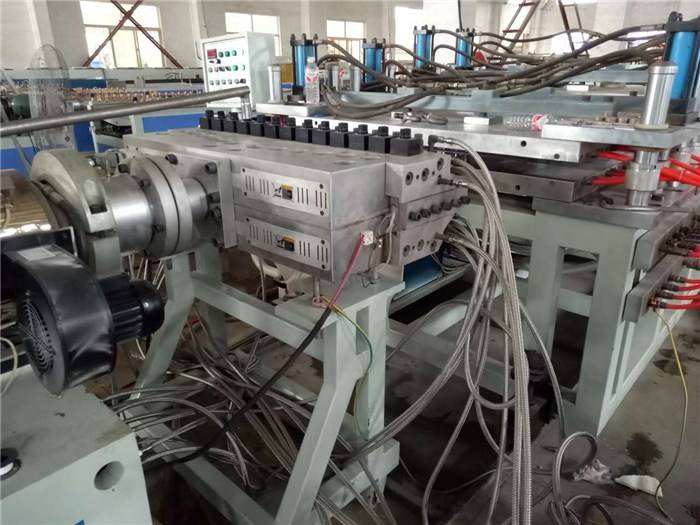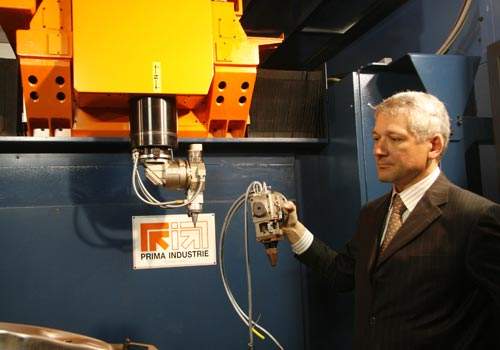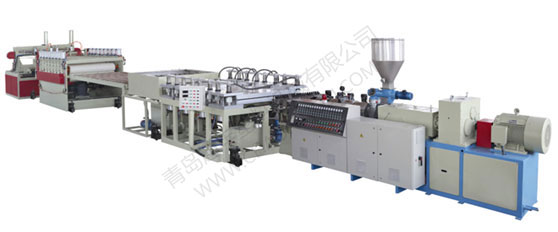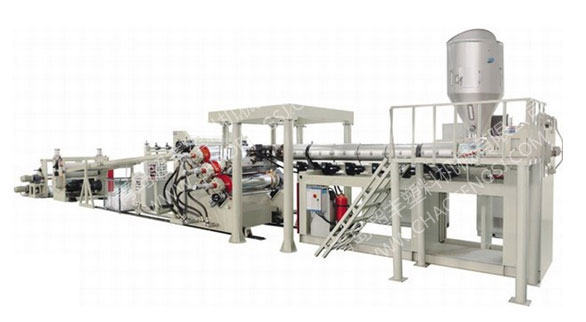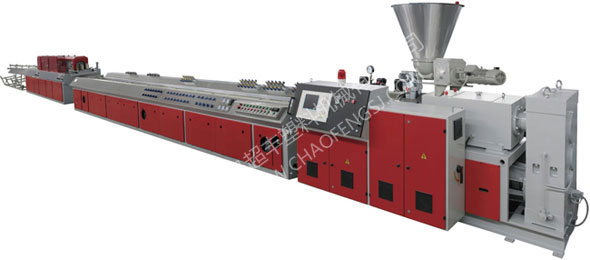The plastics machinery industry is developing rapidly, and its development speed and key economic indicators are among the top 194 industries in the machinery industry. The annual production capacity of plastic machinery is about 200,000 sets (sets), and the categories are complete, ranking first in the world.
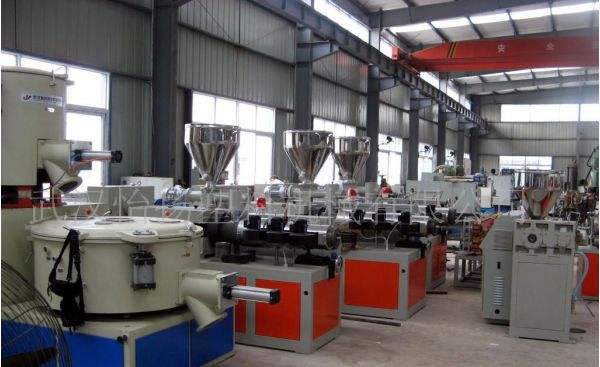
At present, there are nearly 400 major plastic machinery manufacturing enterprises in China, about 200 large and medium-sized enterprises, and 10 large-scale backbone enterprises. Emerging plastic machinery enterprises have mastered high and new technology, and have a series of characteristics such as scientific and technological innovation, system innovation and management innovation, which have attracted the attention of domestic and foreign counterparts.
China's plastic machinery enterprises are mainly distributed in the southeast coast and the Pearl River Delta region. Among them, Ningbo has the strongest development momentum and has become China's largest injection molding machine production base. The annual production volume accounts for more than 1/2 of the total annual output of domestic injection molding machines, accounting for the world's injection molding. 1/3 of the machine. The upgrading of the plastic mold industry, technological innovation has also seen an unprecedented gratifying change. Most enterprises in Shantou, Guangdong Province have introduced the latest computer automation mold processing technology from Germany, France, Italy and Taiwan Province of China, which has greatly improved the performance and quality of mold technology.
Although China's plastic machinery is developing rapidly and has a large variety of products, it can basically supply the general technical equipment needed for the processing and molding of plastic raw materials and plastic products in China. Individual products also enter the forefront of the world, but with industrial developed countries such as Germany, Compared with Japan and Italy, there is still a certain gap between Chinese plastic machinery, mainly in the aspects of less varieties, high energy consumption, low control level and unstable performance.
At present, China's plastic machinery products are mainly concentrated in general-purpose small and medium-sized equipment, with low technical content. In the 1980s and 1990s, the supply of low-end products exceeded demand, machinery manufacturing capacity was excessive, and corporate profits declined. Some varieties, especially super-precision large-scale high-end products, are still blank and still need to be imported. According to statistics in 2001, China imported plastic machinery using foreign exchange of 1.12 billion US dollars, while exporting plastic machinery earned only 130 million US dollars, and imports are much larger than exports.
After China joined the World Trade Organization (WTO), foreign machinery manufacturing industry accelerated its transfer to China. Some well-known plastic machinery companies in the world, such as Germany's Demark, Krupp, Badenfeld, and Sumitomo Heavy Industries, have successively settled in "China, some have further set up technology centers. The entry of foreign plastic machinery manufacturers has brought development vitality to China's plastic machinery industry, and at the same time, it has filled Chinese plastic machinery manufacturing enterprises with opportunities and challenges.

 Position:
Position: